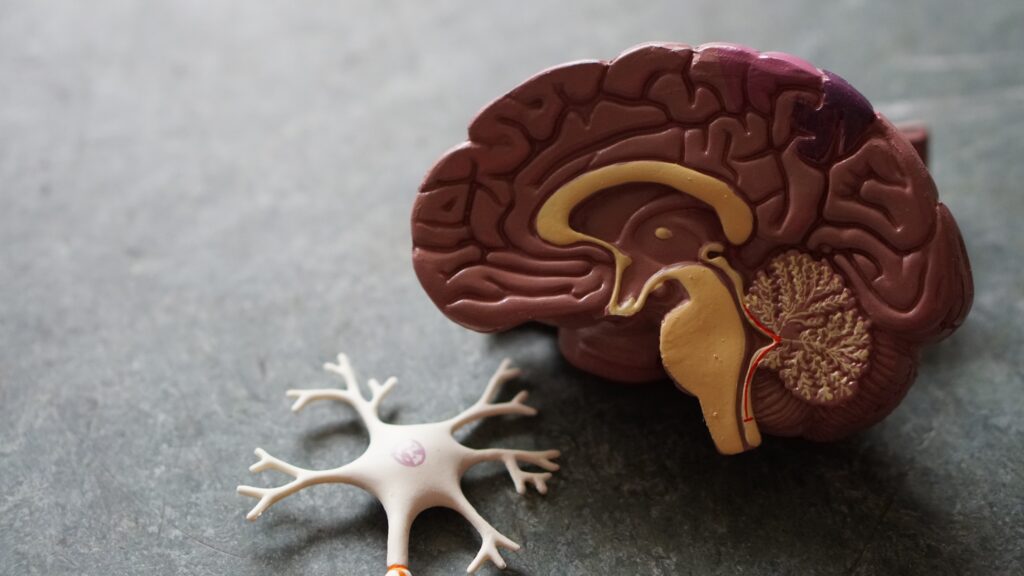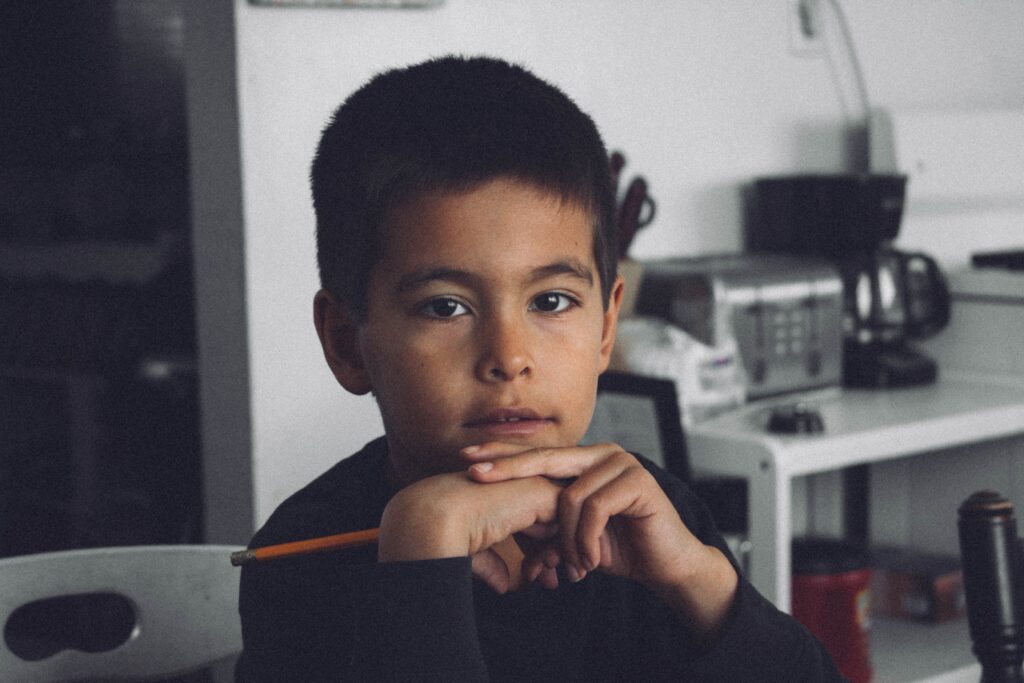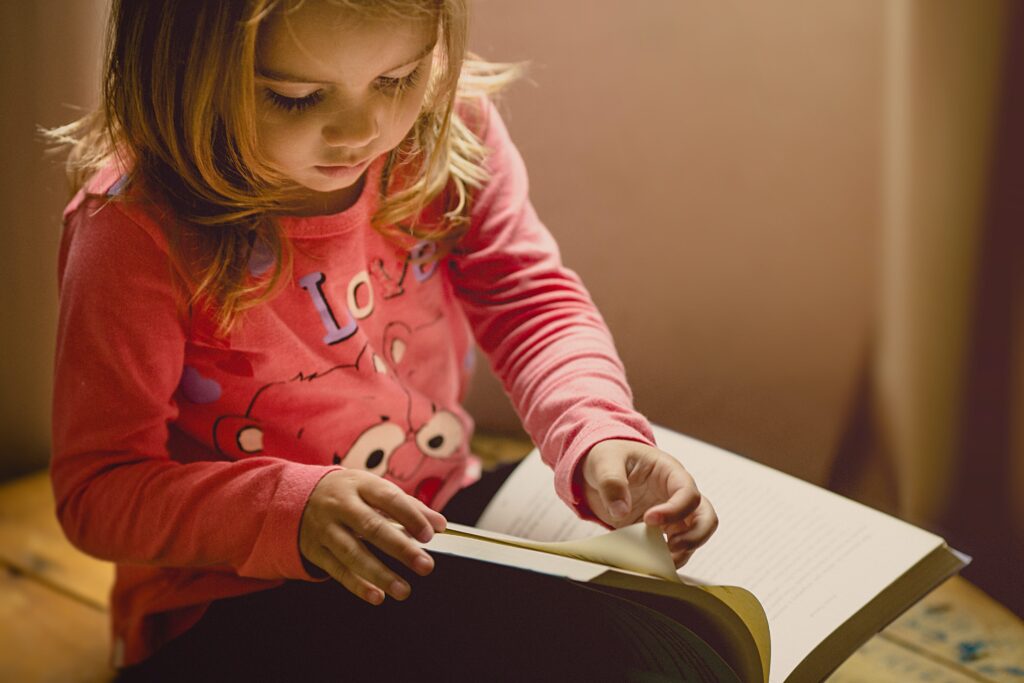Posted February 06th 2021
Most individuals usually experience Initial reactions like shock and denial. However, it is common in many situations for there to be long term reactions, either emotional or physical.
Trauma can be experienced by children, adolescents, adults and elders but as childhood is an integral time of development, I believe it is interesting to discuss the experiences of children at this time.
Do children process trauma?
Young children are often very sensitive to their surroundings, even from a surprisingly young age, arguably a result of the evolutionary benefit of being alert to danger in their surroundings. Studies have shown that infants can process seeing the suffering of their primary caregiver as a traumatic event.
This was shown by Bogat et al., (2005) stating that mothers report infants as young as 1-year-old can experience trauma symptoms as a result of hearing or witnessing inter-partner violence.
Even though the infant may not understand the logistics or the context of the of what they are perceiving, they do perceive the threat of danger, which is what causes the trauma.
It could be argued that children and infants can be more affected by traumatic events than adults, as they do not have the cognitive skills to explain the situation to themselves, making them feel more isolated and vulnerable.
In addition to this, trauma has been found to affect the growth of the brain cortex, which then can impact learning, behaviour, memory, attention span, and the capacity to regulate your emotions and handle stress effectively.

The effect of this on the brain can then contribute towards long term mental health issues related to the experience of childhood trauma include anxiety, depression, addiction and self-harm behaviours, anger issues, eating disorders, PTSD and BPD.
Depending on the type of trauma experienced, individuals can also experience issues with relationship and intimacy later in life or issues with sleep, including insomnia, chronic fatigue or night terrors.
Memory loss
Another commonly experienced symptom of experiencing childhood trauma is memory loss, a paper by Shannon et al., (2009) reported that short-term memory functioning has been found to be poorer in adult survivors of childhood physical and sexual abuse.
Findings suggested that this stressor is associated with ongoing deficits in verbal short-term memory, with overall severity of abuse being related to the degree of memory impairment.
Childhood trauma may have long-lasting effects on brain areas underpinning the explicit memory system.
In addition to this, a very common tool that the brain uses to deal with stressful situations is to repress it from recallable memory, to reduce the mental pain it takes to fully process the incident.

This means that individuals could be experiencing mental health issues as a result of childhood trauma they do not remember, making them feel like their experiences of depression or anxiety are ‘unwarranted’ or ‘unexplainable’.
In many cases this can cause individuals to experience Imposter Syndrome, feeling like your mental health issues aren’t justified as you didn’t experience trauma or a triggering event.
Many people report feeling guilty that they are experiencing poor mental health as they feel that ‘other people had it worse than me’, which is extremely damaging, as not only does it invalidate your own suffering, but makes it less likely that the individual will receive the right treatment.
Expanding our understanding of trauma
I personally believe that more people should be aware of situations that can be processed as a traumatic event in children.
Obvious trauma includes death of a loved one, natural disasters, physical or sexual abuse, however, there are other less obvious experiences in childhood that can be just as traumatic.
These can include environmental factors like living in poverty, abruptly changing schools, a sick sibling or watching parents emotionally or physically struggle.

Or children can experience slightly less obvious emotion-related events which can also be traumatic, such as humiliating experiences in school, being shamed or put down by a parent figure, not getting proper attention from a caregiver, or having to take care of a parent.
This means that someone may have experienced one of these events without labelling it as trauma.
Your experiences are valid
The real take-home message of this is regardless of what you feel your mental health issues are related to (if anything), your experience is valid and justified, and you have just as much right as anyone else to feel what you are feeling.
Some resources that may help those who are struggling with issues related to trauma are linked below:
Resources
- Coping with emotional and physical trauma
- Symptoms, signs and effects of psychological trauma
- Understanding the impact of trauma – read the paper
References:
- Bogat, G. A., DeJonghe, E., Levendosky, A. A., Davidson, W. S., & Von Eye, A. (2006). Trauma symptoms among infants exposed to intimate partner violence. Child abuse & neglect, 30(2), 109-125.
- Parasympathetic Nervous System and Trauma | Mental Health Services. (2020). Retrieved 10 January 2021.
- Shannon, C., Douse, K., McCusker, C., Feeney, L., Barrett, S., & Mulholland, C. (2011). The association between childhood trauma and memory functioning in schizophrenia. Schizophrenia bulletin, 37(3), 531-537.
Sign up now and receive new blog posts to your inbox.
